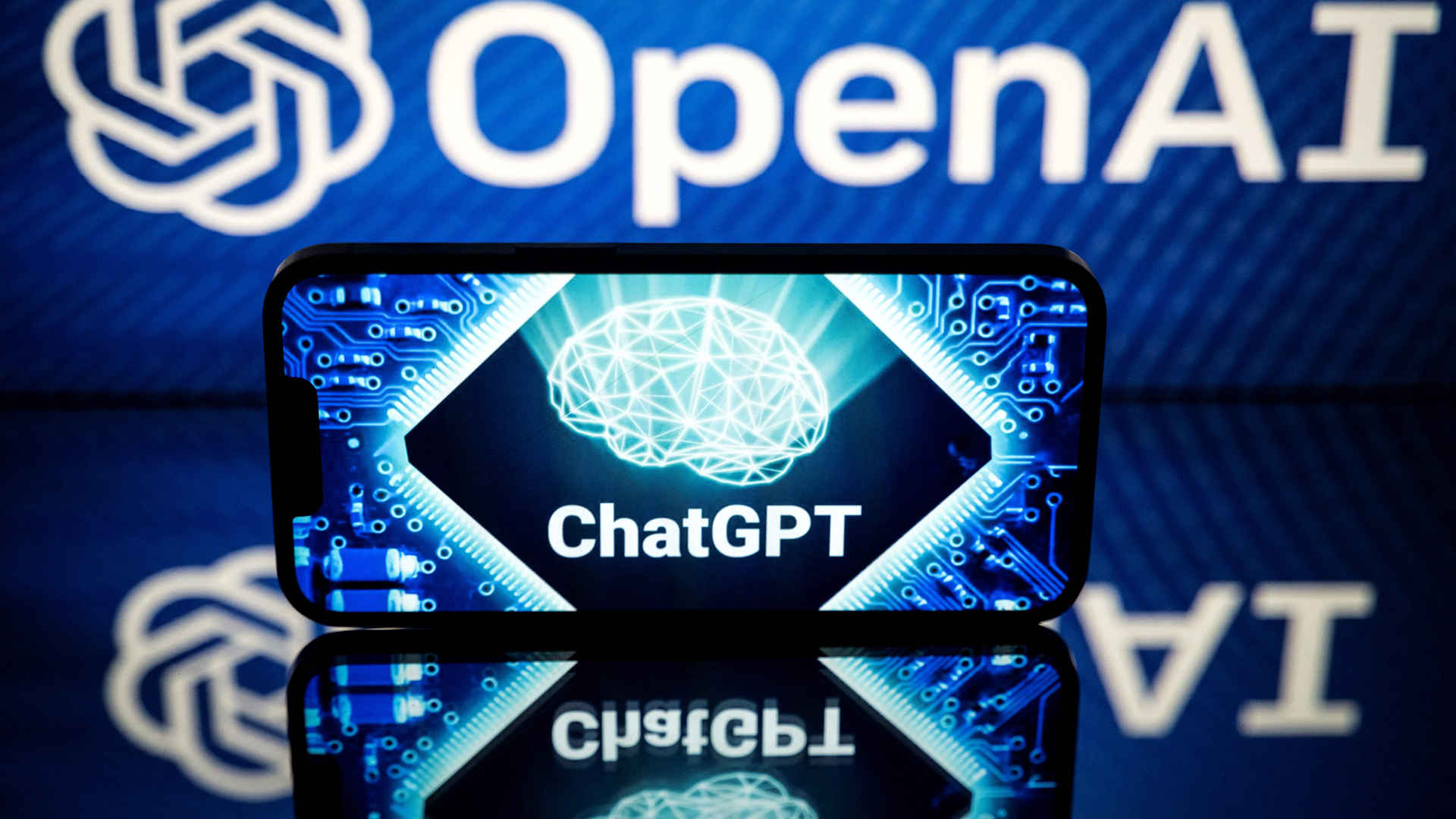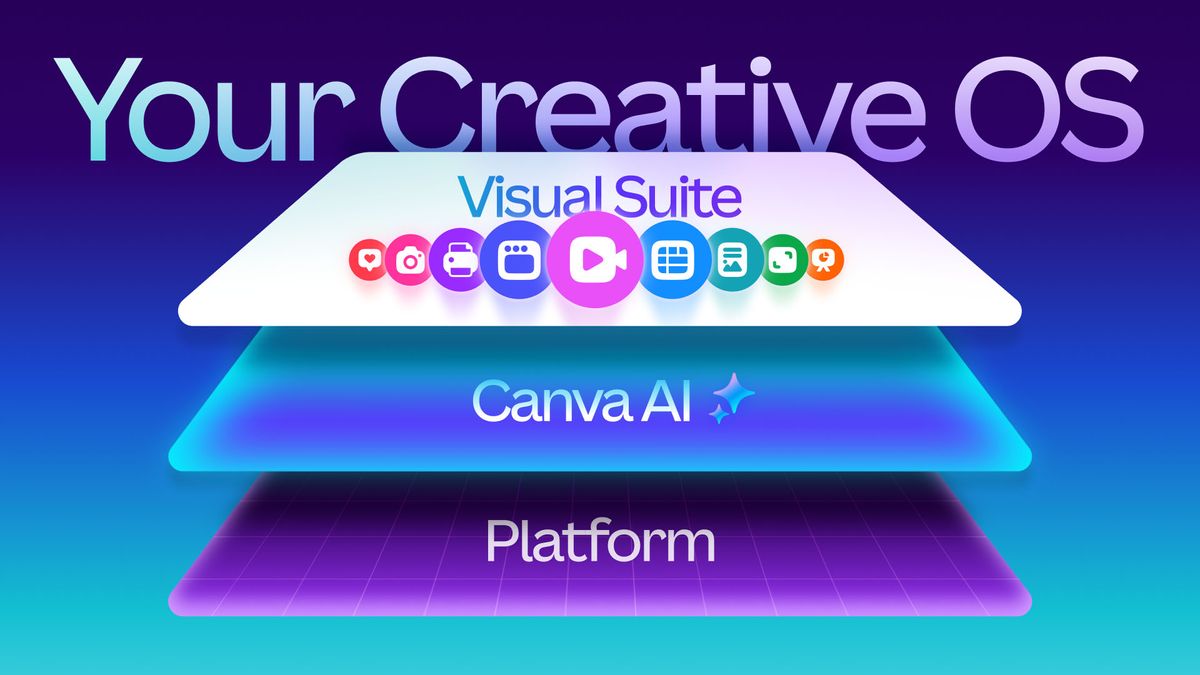- ChatGPT will begin estimating users' ages based on conversation patterns
- Those identified as teens will be shunted to a filtered, teen-specific experience
- Parents will have new tools to link accounts, set usage limits, and receive alerts about their teens’ mental state
OpenAI is making ChatGPT act like a bouncer at a club, estimating your age before deciding to let you in. The AI won't be using your (possibly made-up) birthdate or ID, but how you interact with the chatbot.
If the system suspects you’re under 18, it will automatically shift you into a more restricted version of the chatbot designed specifically to protect teenagers from inappropriate content. And if it’s unsure, it's going to err on the side of caution. If you want the adult version of ChatGPT back, you might have to prove you’re old enough to buy a lottery ticket.
The idea that generative AI shouldn’t treat everyone the same is certainly understandable. Especially with teens increasingly using AI, OpenAI has to consider the unique set of risks involved. The teen-specific ChatGPT experience will limit discussions of topics like sexual content and offer more delicate handling of topics like depression and self-harm. And while adults can still talk about those topics in context, teen users will see far more “Sorry, I can’t help with that” messages when wading into sensitive areas.
To figure out your age, ChatGPT will comb through your conversation and look for patterns that indicate age, specifically that someone is under 18. ChatGPT's guesses of your age might come from the types of questions you ask, your writing style, how you respond to being corrected, or even which emoji you prefer. If you set off its adolescent alarm bells, into the age-appropriate mode you go.
You might be 27 and asking about career change anxiety, but if you type like a moody high schooler, you might get told to talk to your parents about your spiraling worries.
OpenAI has admitted there might be mistakes, as "even the most advanced systems will sometimes struggle to predict age.” In those cases, they’ll default to the safer mode and offer ways for adults to prove their age and regain access to the adult version of ChatGPT.
Emotionally safe models
This new age-prediction system is the centerpiece of OpenAI’s next phase of teen-safety improvements. There will also be new parental controls coming later this month. These tools will let parents link their own accounts with their kids’, limit access during certain hours, and receive alerts if the system detects what it calls “acute distress.”
Depending on how serious the situation seems and whether parents can't be reached, OpenAI may even contact law enforcement agencies based on the conversation.
Making ChatGPT a teen guidance counselor through built-in content filters is a notable shift on its own. Doing so without the user opting in is an even bigger swing since it means the AI not only decides how old you are, but how your experience should differ from an adult's ChatGPT conversation.
So if ChatGPT starts getting more cautious or oddly sensitive, you should check to see if you've suddenly been tagged as a teen. You might just have a creative or youthful writing style, but you'll still need to prove you're legally an adult if you want to have edgier discussions.
Maybe just talk about your back hurting for no reason or how music isn't as good as it used to be to convince the AI of your aged credentials.










 English (US) ·
English (US) ·